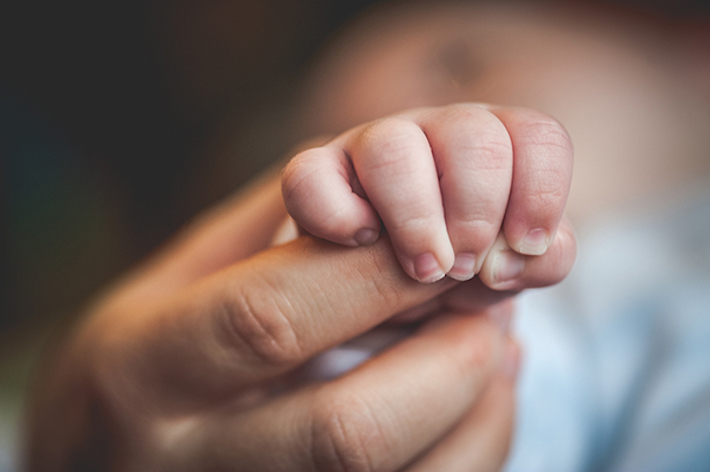SINGAPORE, Feb 27 — The singapore government is introducing an additional financial incentive for couples having a second child and offering cash benefits for parents who are not eligible for paternity or adoption leave.
Minister in the Prime Minister’s Office Indranee Rajah, who oversees the National Population and Talent Division, announced these initiatives in Parliament yesterday, noting that Singapore’s total fertility rate (TFR) fell to a historic low of 1.1 in 2020.
She was speaking during the Prime Minister’s Office Committee of Supply debate.
“Currently, the support from the government to parents for their second child is the same as their first,” said Indranee, who is also Second Minister for Finance and National Development. “We reviewed this, and will provide more support for couples having their second child.”
She said that the maximum dollar-for-dollar co-matching of parents’ savings in the Child Development Account (CDA) will be doubled for the second child, from S$3,000 to S$6,000 (RM18,258.03).
This is in addition to the S$3,000 (RM9,129.02) CDA First Step Grant that parents receive upon opening the CDA.
The CDA is a special savings account for a child, which will be opened automatically with a local bank when a newborn child successfully joins the Baby Bonus Scheme.
The latest announcement means the maximum amount of financial support parents can receive from the government for the second baby is S$24,000.
All Singaporean children who are the second child, and whose date of birth or estimated date of delivery fell on or after Jan 1 this year will be eligible for the additional financial support.
Indranee, the Member of Parliament (MP) for Tanjong Pagar Group Representation Constituency, added that about 12,000 children will benefit annually from the enhancement.
In another announcement, Indranee said cash benefits will be available for eligible working fathers or adoptive mothers who may not qualify for paternity or adoption leave.
This may be due to work arrangements, where they could be on multiple short-term employment contracts, or on contracts that may have expired before the birth or adoption of their child, she said.
With the introduction of the government-Paid Paternity Benefit and the Government-Paid Adoption Benefit, about 500 working fathers and adoptive mothers will benefit annually.
These cash benefits apply to parents whose children’s date of birth, estimated date of delivery, or formal intent to adopt is on or after Jan 1 this year, with further details on the eligibility criteria and application process to be shared later.
This will be similar to the Government-Paid Maternity Benefit for working mothers, where cash benefits are given in lieu of the government-paid share of leave, if their employment circumstances do not qualify them for leave.
 Fertility rates, assisted conception among key issues raised
Fertility rates, assisted conception among key issues raised
Indranee also responded to several issues and suggestions raised by MPs over the past two days in Parliament.
To improve the TFR, Jalan Besar MP Denise Phua suggested encouraging people to marry earlier through increasing interactions between people in the workplace.
She also suggested the introduction of more generous housing priority benefits and assuring couples of an interim rental flat. Her other suggestions included providing free universal infant-care and childcare up to the age of seven.
Responding to the suggestions, Indranee said that in the past two years, the government has enhanced access to affordable housing and preschool education.
For instance, the qualifying income for subsidised housing was raised from S$12,000 to S$14,000, while those buying resale flats can now receive up to S$160,000 in housing grants, up from S$90,000 five years ago.
The authorities have also increased the additional subsidy for preschools, and raised the qualifying household income ceiling to S$12,000 a month, and aims to further lower fee caps for full-day childcare at government-supported preschools.
“We hope that notwithstanding the pandemic, Singaporeans will continue to pursue their family goals, and we will galvanise a whole-of-nation effort to support them,” she said.
Phua, Tampines MP Cheng Li Hui and Ang Mo Kio MP Ng Ling Ling also suggested increasing support for Singaporeans who undergo assisted conception procedures (ACP).
In response, Indranee said that the age cap on ACP support is based on clinical research showing that the success rate decreases with age.
The age cap for ACP is currently set at 40.
“In deciding the maximum number of co-funded cycles, we also considered the emotional strain couples face when undergoing ACPs,” she said.
Indranee added that with MediSave and existing co-funding support, about 80 per cent of Singaporean couples do not need to foot expenses for their first cycle. — TODAY






















